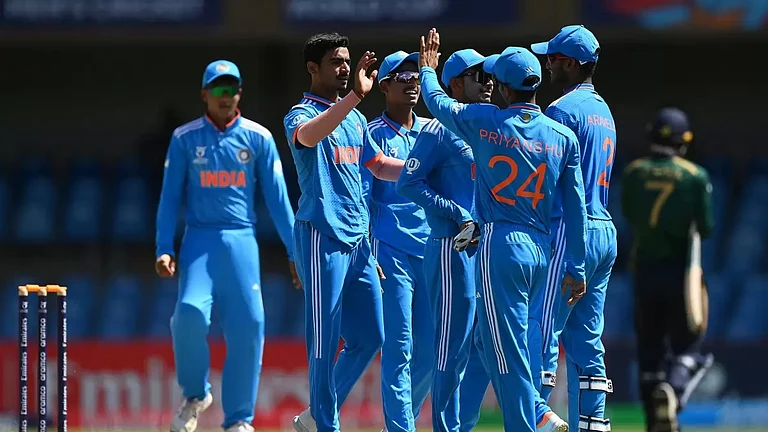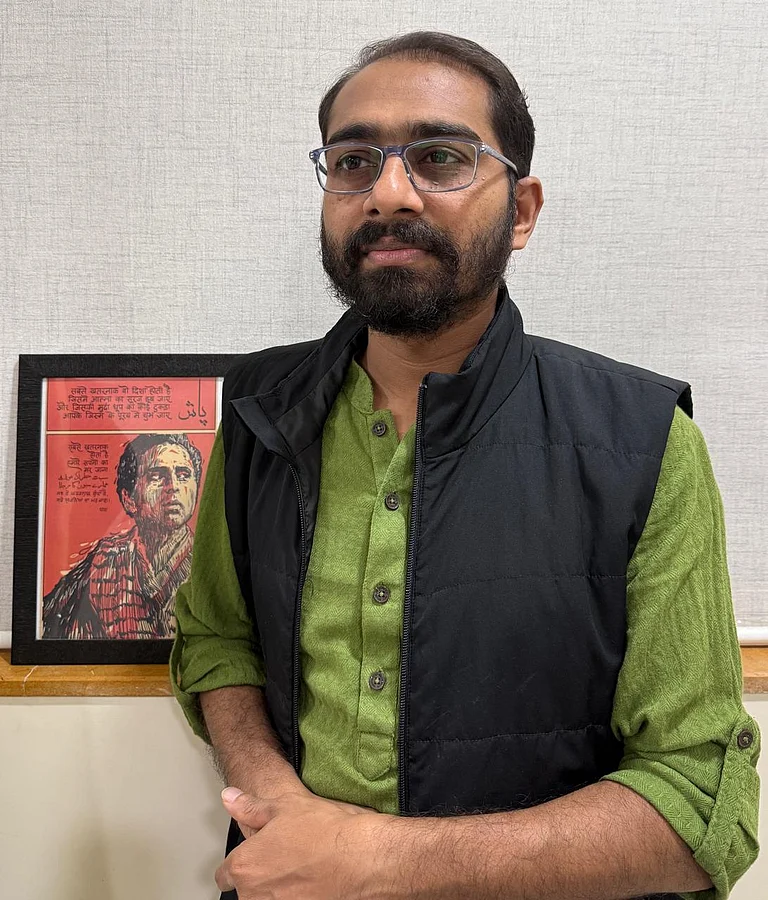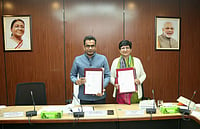Only one in three adults with diabetes in the South-East Asia Region is receiving any form of treatment, and fewer than 15 per cent have their blood glucose levels under control, said Dr. Catharina Boehme, Officer-in-Charge, World Health Organization (WHO) South-East Asia, on Thursday, on the eve of World Diabetes Day.
The figures present a deeply worrying picture of a growing public health emergency in a region that is home to an estimated 279 million adults living with diabetes—accounting for nearly one-third of the global burden.
“Diabetes, a chronic metabolic disease, can lead to life-threatening damage to the heart, kidneys, nerves, and eyes if diagnosed late or managed poorly,” she cautioned.
“It remains a significant challenge in South-East Asia, with a high number of undiagnosed, untreated, or poorly controlled cases. Only one in three adults with diabetes receives treatment, and less than 15 per cent have their blood glucose levels adequately controlled.”
Dr. Boehme noted that this year’s World Diabetes Day theme, “Diabetes Across Life Stages,” emphasizes that every person living with the condition should have access to integrated care, supportive environments, and policies that promote health, dignity, and self-management.
Highlighting the need for equitable and age-responsive approaches to prevention, diagnosis, and management, she said timely and tailored care is essential, especially for children with diabetes, to help them grow, learn, and thrive. “Managing diabetes during pregnancy supports the health and future of both mother and baby, while older adults need ongoing support and knowledge to manage their condition and reduce the risk of complications,” she added.
While type 1 diabetes, which typically begins in childhood or adolescence, cannot currently be prevented, it can be effectively managed, she said. The risk of type 2 diabetes, however, can be reduced through a healthy lifestyle that includes physical activity, a balanced diet, and avoidance of tobacco and alcohol. Medication combined with healthy habits can also help prevent complications in those already diagnosed.
Dr. Boehme highlighted that the region has taken significant steps to address the challenge. In 2023, WHO Member States in South-East Asia adopted the regional resolution “SEAHEARTS: Accelerating Prevention and Control of Cardiovascular Diseases,” aimed at promoting diabetes coverage and control through implementation of the WHO HEARTS technical package in primary health care.
In 2024, the endorsement of the “Colombo Call for Action for Strengthening Prevention and Control of Diabetes in WHO South-East Asia Region” provided a framework of practical and feasible actions to reduce diabetes risks and ensure access to quality treatment and care.
This includes provision of affordable insulin and blood glucose monitoring devices through national health coverage benefit packages.
“Most Member States now have evidence-based drug- and dose-specific management protocols for diabetes, and at least one hypoglycaemic drug available at the health facility level,” Dr. Boehme said. “More than 33 million people with diabetes have been placed on protocol-based management in public health facilities throughout the region.”
On the eve of World Diabetes Day, Dr. Boehme urged governments, non-governmental organizations, health professionals, and communities to reaffirm their commitment and intensify efforts to address the growing burden of the chronic disease across all stages of life.



























